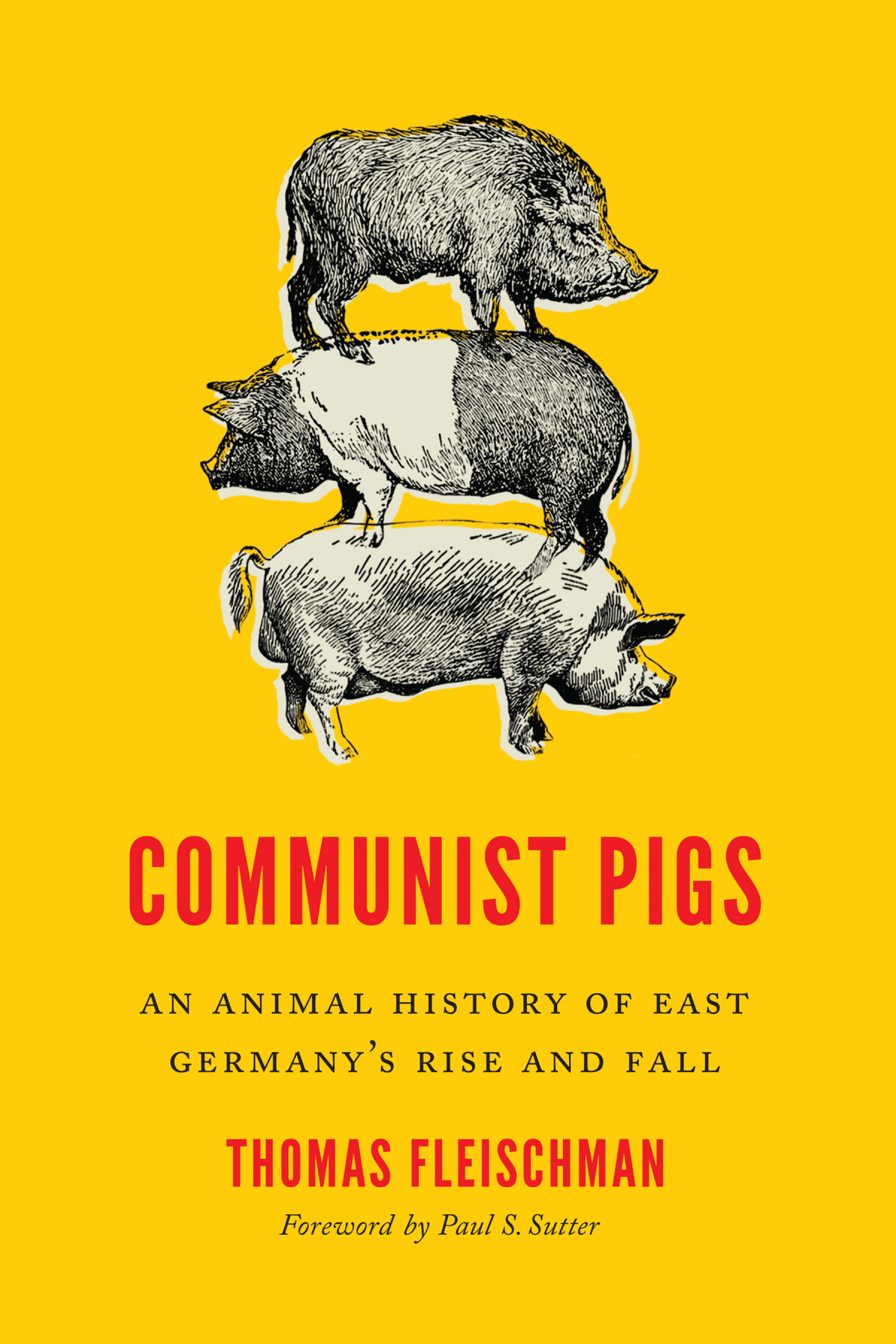

Most ebook files are in PDF format, so you can easily read them using various software such as Foxit Reader or directly on the Google Chrome browser.
Some ebook files are released by publishers in other formats such as .awz, .mobi, .epub, .fb2, etc. You may need to install specific software to read these formats on mobile/PC, such as Calibre.
Please read the tutorial at this link: https://ebookbell.com/faq
We offer FREE conversion to the popular formats you request; however, this may take some time. Therefore, right after payment, please email us, and we will try to provide the service as quickly as possible.
For some exceptional file formats or broken links (if any), please refrain from opening any disputes. Instead, email us first, and we will try to assist within a maximum of 6 hours.
EbookBell Team

0.0
0 reviewsThe pig played a fundamental role in the German Democratic Republic’s attempts to create and sustain a modern, industrial food system built on communist principles. By the mid-1980s, East Germany produced more pork per capita than West Germany and the UK, while also suffering myriad unintended consequences of this centrally planned practice: manure pollution, animal disease, and rolling food shortages.
The pig is an incredibly adaptive animal, and historian Thomas Fleischman uncovers three types of pig that played roles in this history: the industrial pig, remade to suit the conditions of factory farming; the wild boar, whose overpopulation was a side effect of agricultural development rather than a conservation success story; and the garden pig, reflective of the regime’s growing acceptance of private, small-scale farming within the planned economy.
Fleischman chronicles East Germany’s journey from family farms to factory farms, explaining how communist principles shaped the adoption of industrial agriculture practices. More broadly, Fleischman argues that agriculture under communism came to reflect standard practices of capitalist agriculture, and that the pork industry provides a clear illustration of this convergence. His analysis sheds light on the causes of the country’s environmental and political collapse in 1989 and offers a warning about the high cost of cheap food in the present and future.